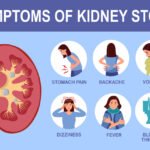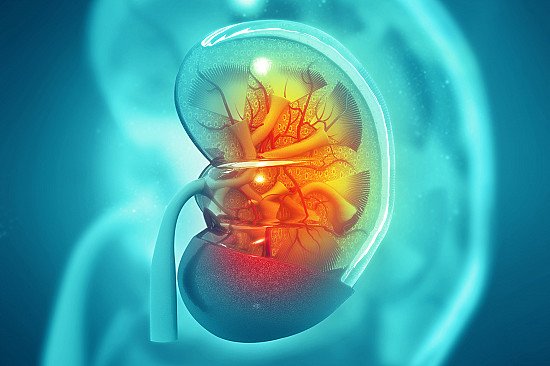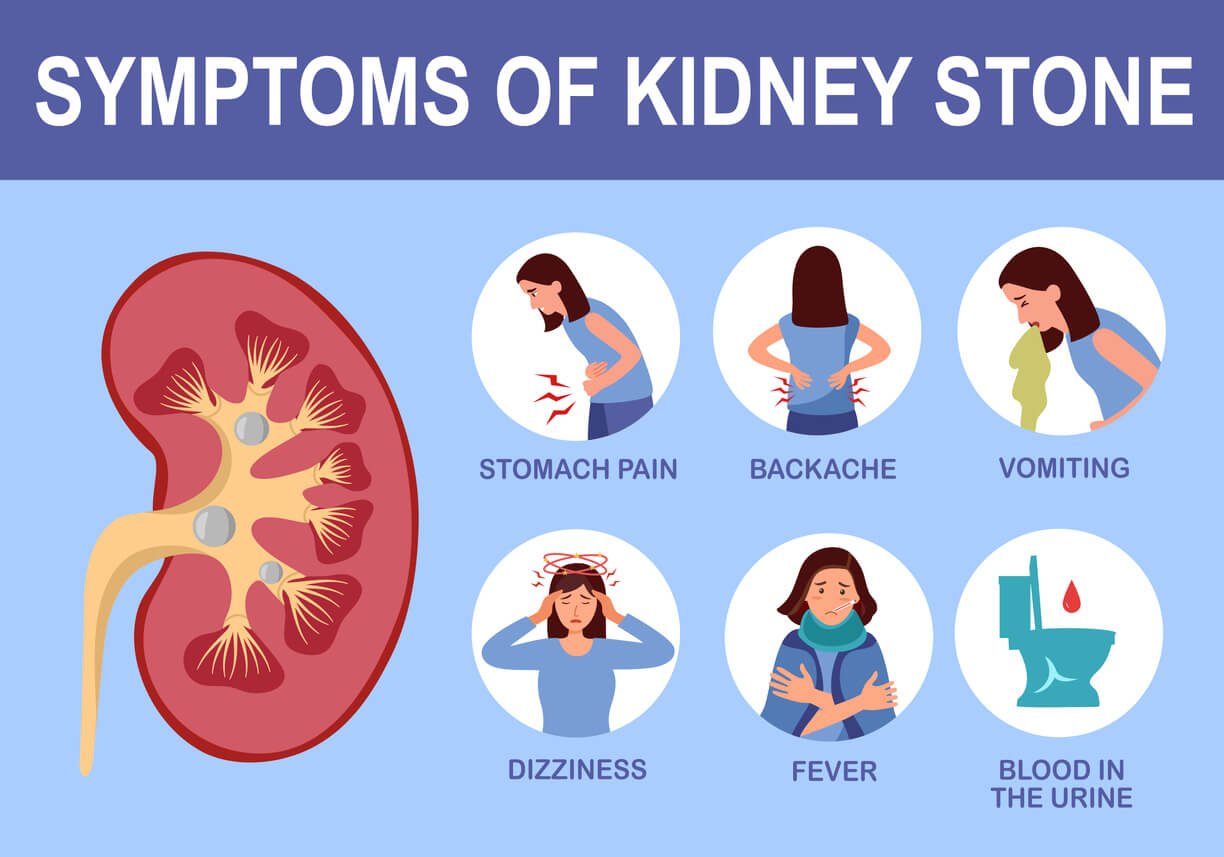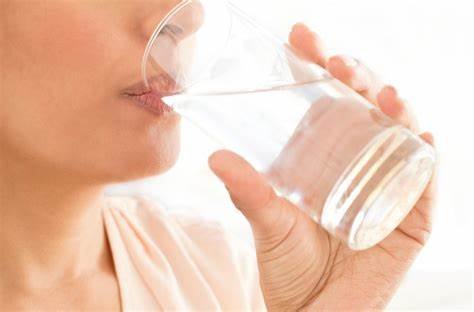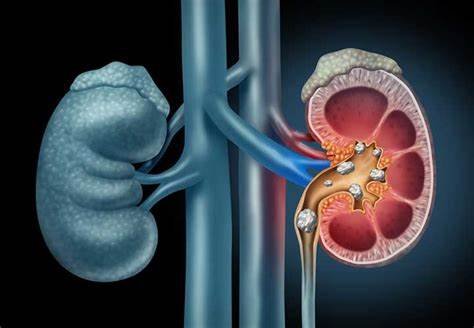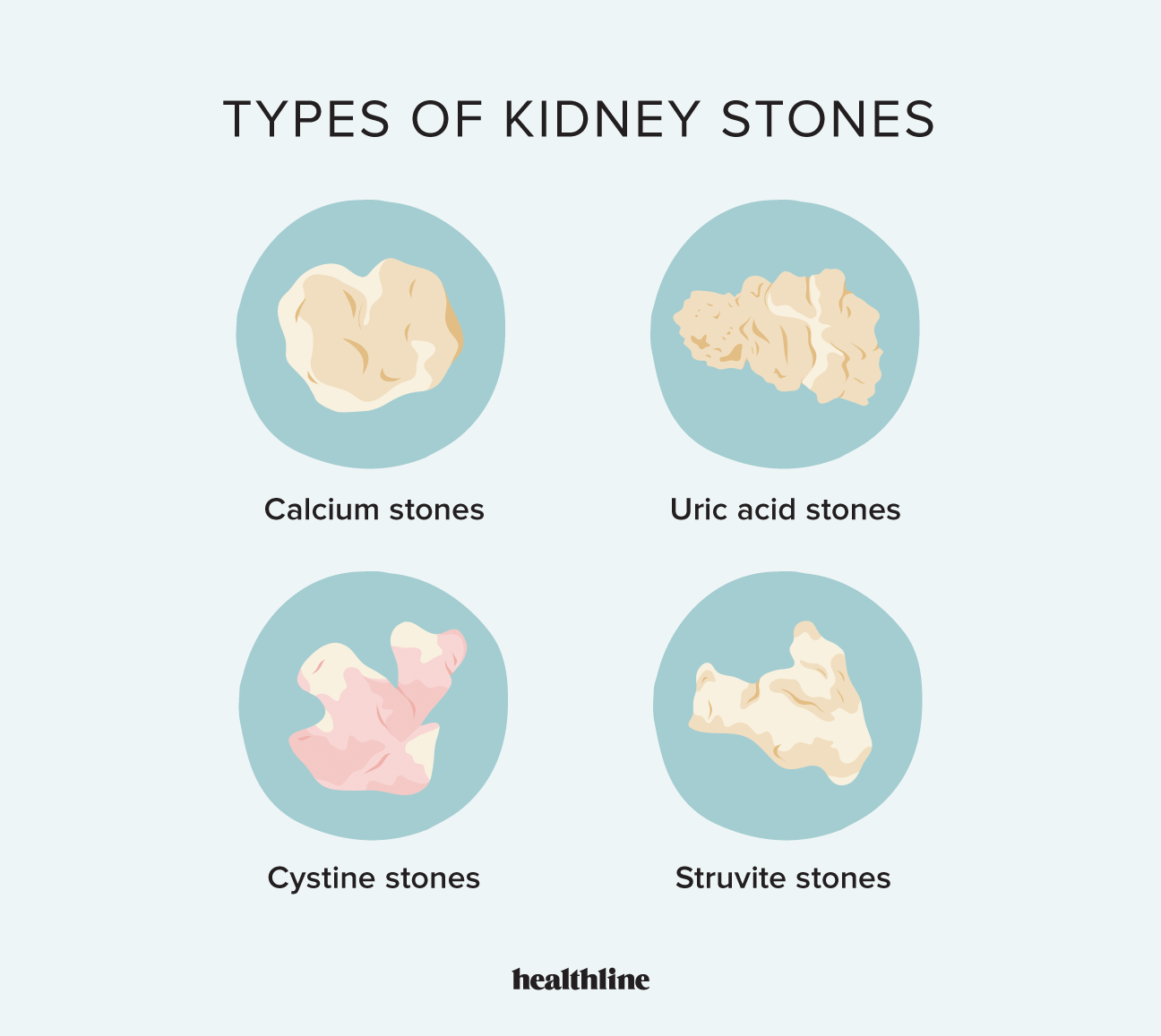Kidney stones are hard mineral deposits that form in the kidneys and can cause significant pain when they move or block the urinary tract. Treatment options for kidney stones depend on the size, location, and type of stone, as well as the severity of symptoms. In many cases, kidney stones pass on their own with plenty of water and pain relief. However, in more complicated or severe cases, medical intervention may be required. Understanding the treatment options available can help patients make informed decisions and relieve the discomfort associated with kidney stones.
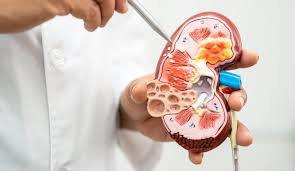
1. Drinking Plenty of Fluids
For smaller kidney stones, drinking plenty of fluids is often the first step in treatment. Increased hydration helps flush out the stone through the urinary tract. Doctors typically recommend drinking at least 2-3 liters of water per day. The extra fluid helps dilute the urine, reducing the concentration of minerals that contribute to stone formation and increasing the likelihood of the stone passing naturally.
When passing a kidney stone, you may experience discomfort, but staying hydrated can help speed up the process. Clear urine is a sign that you’re drinking enough fluids. In some cases, doctors may suggest drinking citrus beverages like lemonade, which contain citric acid, known to help break down calcium stones and prevent new ones from forming.
2. Pain Management and Medication
Passing a kidney stone can be extremely painful, and pain relief is essential during this process. Doctors often recommend over-the-counter pain medications like ibuprofen (Advil), acetaminophen (Tylenol), or naproxen (Aleve) to alleviate mild to moderate pain. For more severe pain, especially when a stone is blocking the urinary tract, doctors may prescribe stronger opioid pain relievers such as morphine or hydrocodone for short-term use.
In addition to painkillers, doctors may prescribe alpha blockers like tamsulosin (Flomax). These medications help relax the muscles in the urinary tract, making it easier for the stone to pass. This treatment is particularly helpful when the stone is stuck in the ureter, the tube connecting the kidneys to the bladder.
3. Medical Procedures for Larger Stones
If a kidney stone is too large to pass naturally or causes persistent pain or blockage, medical procedures may be necessary. These interventions can help break up or remove the stone. Here are the most common procedures:
Extracorporeal Shock Wave Lithotripsy (ESWL)
ESWL is a non-invasive treatment that uses shock waves to break kidney stones into smaller fragments. These smaller pieces can then pass more easily through the urinary tract. The procedure is done under sedation, and patients can typically go home the same day. ESWL is often used for stones that are 1 to 2 centimeters in size and located in the kidney or upper ureter.
Ureteroscopy
In cases where the stone is located in the ureter (the tube connecting the kidney to the bladder), ureteroscopy may be used. During this procedure, a thin, flexible tube (ureteroscope) is inserted through the urethra and bladder to reach the stone. The doctor may use a laser to break up the stone or remove it in pieces. Ureteroscopy is often recommended for stones that are too large for ESWL or are located in areas that make ESWL less effective.
Percutaneous Nephrolithotomy (PCNL)
For very large kidney stones or those located in difficult-to-reach areas, PCNL may be necessary. This minimally invasive surgery involves making a small incision in the back to directly access the kidney. The stone is then broken up using a laser or ultrasound and removed. PCNL is typically recommended for stones larger than 2 centimeters or for those that don’t respond to other treatments.
4. Preventive Treatment: Reducing Recurrence
After kidney stone treatment, doctors focus on preventing future stone formation. Prevention depends on the type of stone and its underlying cause. Some common preventive strategies include:
Dietary Changes
Diet plays a significant role in kidney stone formation. For people with calcium oxalate stones, reducing the intake of foods high in oxalates (such as spinach, beets, and nuts) can help prevent new stones from forming. For those with uric acid stones, reducing the intake of purine-rich foods (like red meat, shellfish, and alcohol) can help. In general, eating a balanced diet rich in fruits, vegetables, and whole grains while avoiding excessive salt and animal protein is beneficial.
Medications to Prevent Stone Formation
In some cases, doctors may prescribe medications to help prevent the formation of kidney stones. These include:
- Thiazide diuretics: Used to reduce calcium in the urine, preventing calcium-based stones.
- Potassium citrate: Helps to make the urine less acidic, which can prevent uric acid stones from forming.
- Allopurinol: Reduces uric acid levels in the blood and urine, which is especially useful for people with uric acid stones.
Increasing Fluid Intake
Drinking plenty of water is key to preventing kidney stones. By staying hydrated, you help dilute the substances in the urine that can form stones. Doctors typically recommend drinking enough fluid to produce at least 2 liters of urine per day, which can help prevent stones from developing.
5. Surgical Options for Severe Cases
In rare cases, when other kidney stone treatment fail or stones are causing significant damage to the kidneys, surgery may be necessary. Surgery is usually considered for people with recurrent kidney stones, large stones, or complications such as kidney infections or chronic pain.
Open Surgery
Open surgery is rarely needed today due to the effectiveness of less invasive procedures. However, it may be used for very large stones that cannot be treated with ESWL, ureteroscopy, or PCNL.
Conclusion
The kidney stone treatment depends on several factors, including the size, location, and type of the stone, as well as the severity of symptoms. Small stones may pass naturally with increased fluid intake and pain management, while larger stones may require more invasive treatments such as shock wave therapy, ureteroscopy, or surgery. Preventive measures, including dietary changes, medications, and increased hydration, play an important role in reducing the risk of recurrence. If you suspect you have kidney stones or experience symptoms like severe pain or blood in the urine, seek medical attention immediately for an accurate diagnosis and appropriate treatment.



